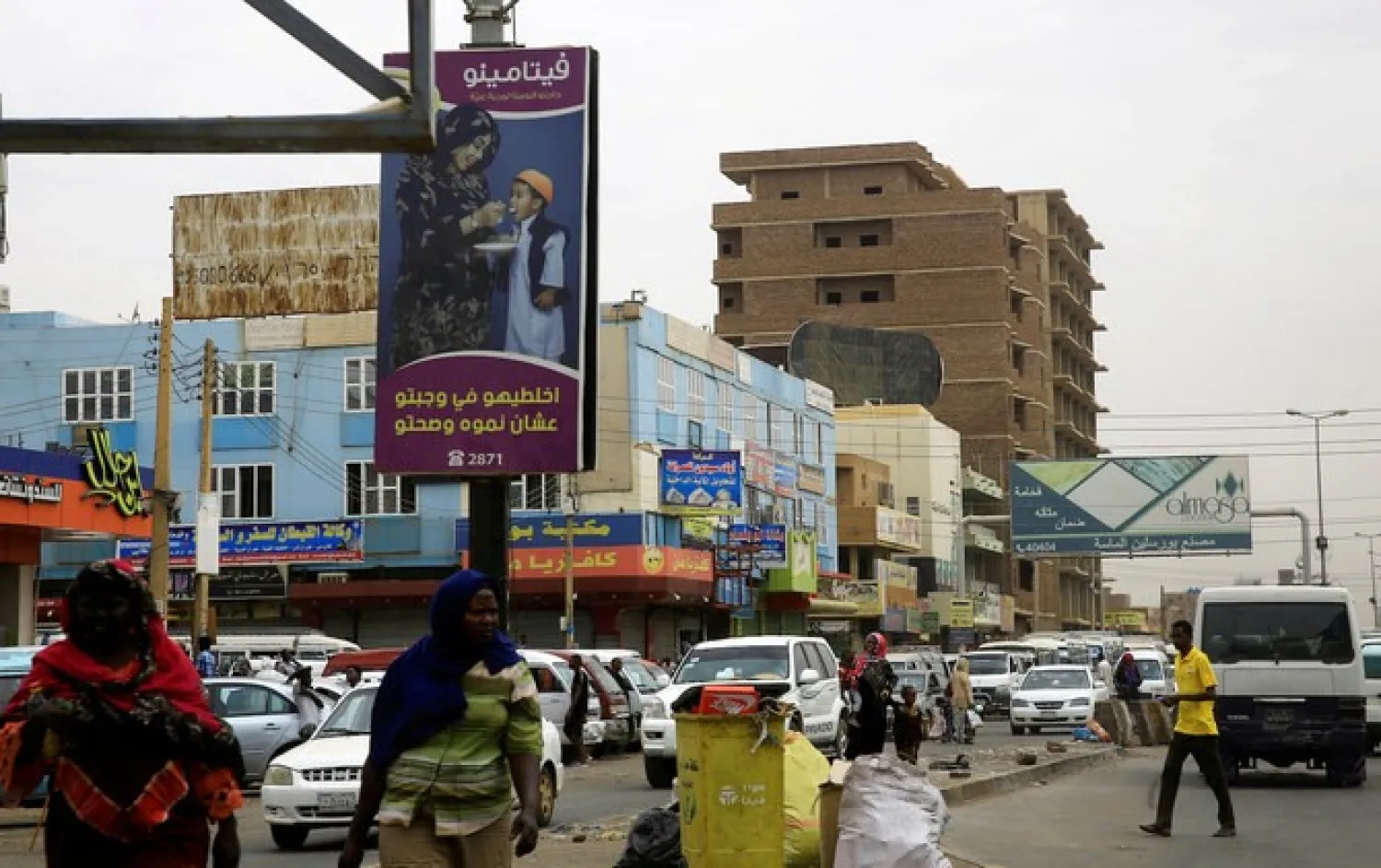Sudan aims to improve its economic sector to increase investment opportunities in the private sector, especially after the US said it will lift Khartoum from its list of state sponsors of terrorism.
The Ministry of Finance and Economic Planning announced plans to create about 250,000 jobs for young people as part of the national transitional strategy.
The Ministry will also establish a unit for entrepreneurship at the General Authority for Investment and Private Sector Development, and a fund for youth financing to contribute to providing opportunities for Sudanese people.
Finance Minister Heba Mohammad Ali met with Sheikh Ebrahim bin Khalifa Al Khalifa, Chairman of the Board of Trustees of UNIDO’s Arab International Regional Center for Entrepreneurship and Investment, and a number of relevant authorities.
Mohammad Ali said that the Ministry wants to benefit from UNIDO’s expertise and capabilities in entrepreneurship.
Sheikh Ebrahim affirmed the organization's readiness to provide technical and financial expertise to Sudan. The two sides agreed to set a deadline for submitting their plans on establishing the entrepreneurial unit.
Meanwhile, Sudan will add 3,000 barrels a day of oil production from a new oilfield, which will boost the country’s output to 64,000 bpd, Aiman Aboujoukh, the general manager of state oil firm Sudapet, announced.
Sudan has been trying to lift oil production to lower costly fuel imports after losing 73 percent of oil output when South Sudan seceded in 2011, according to Reuters.
Aboujoukh indicated that al-Rawat oilfield in White Nile state will go online within two weeks with seven wells, hoping to add an extra 20,000 bpd next year if the finance ministry approved funds for exploration.
He said authorities hoped that Western firms would invest in, after the US confirmed it would lift Khartoum from its list of state sponsors of terrorism, which blocked international funding and debt relief.
Last week, Sudan doubled local fuel prices with immediate effect to tackle the budget deficit.









